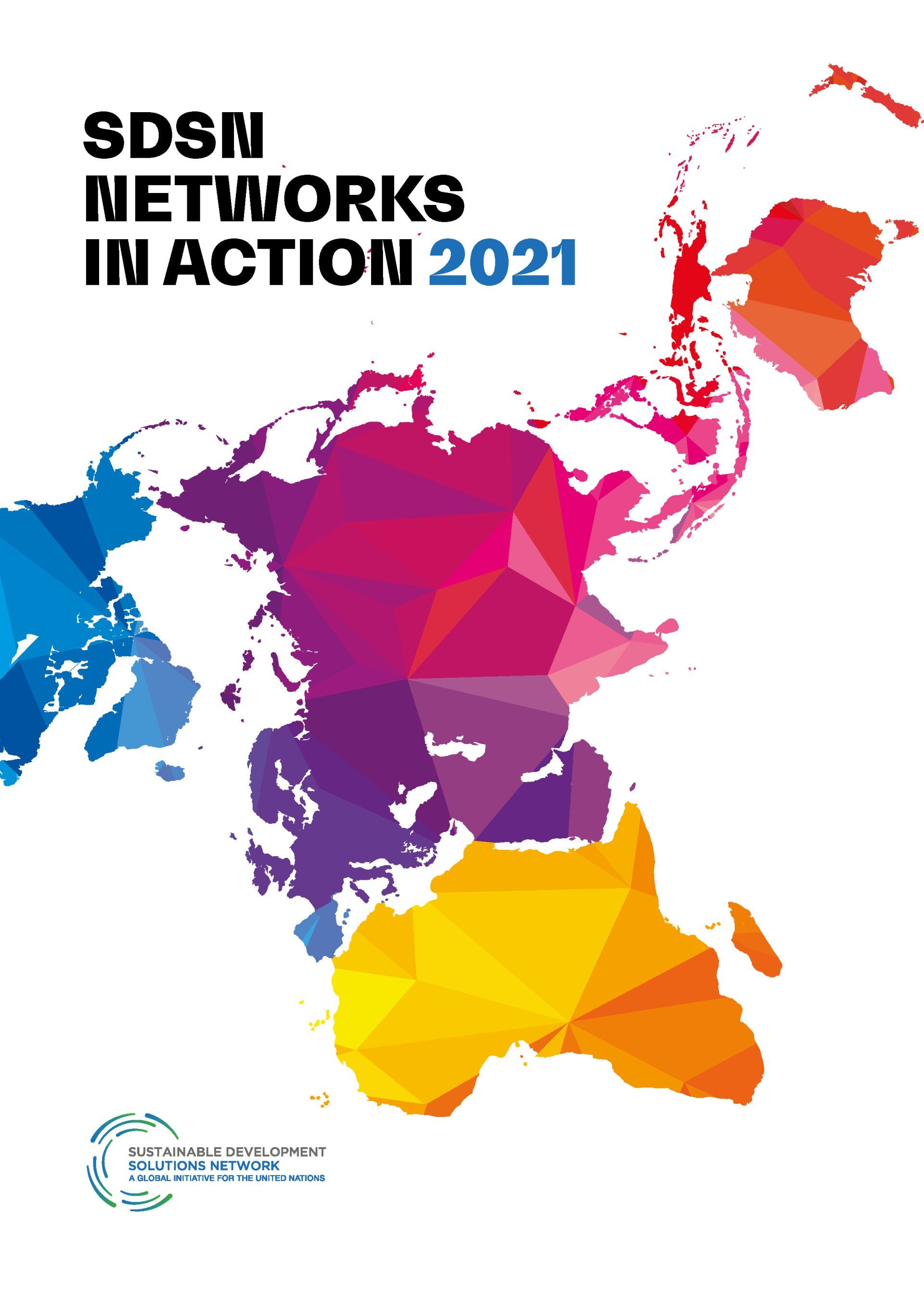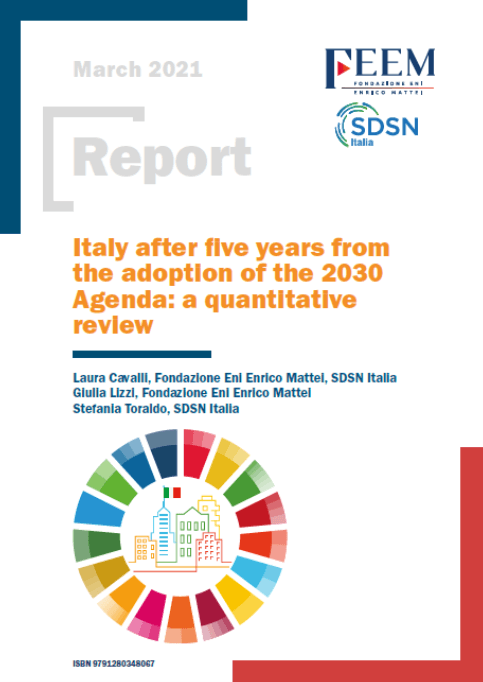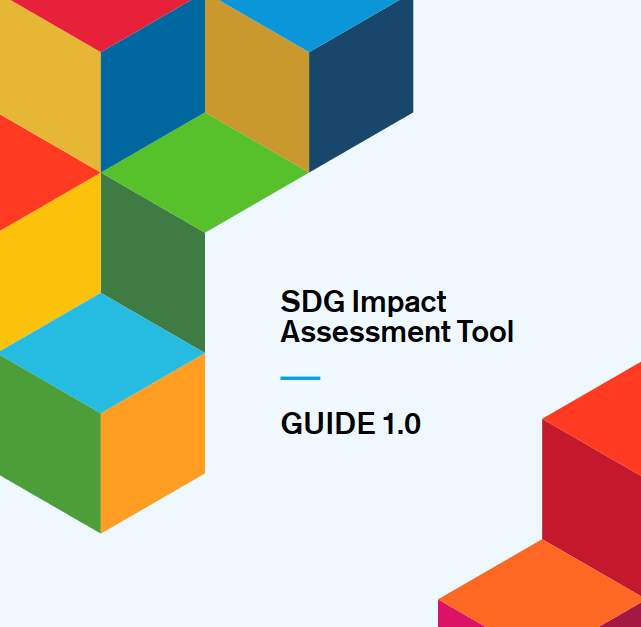Networks
Filters
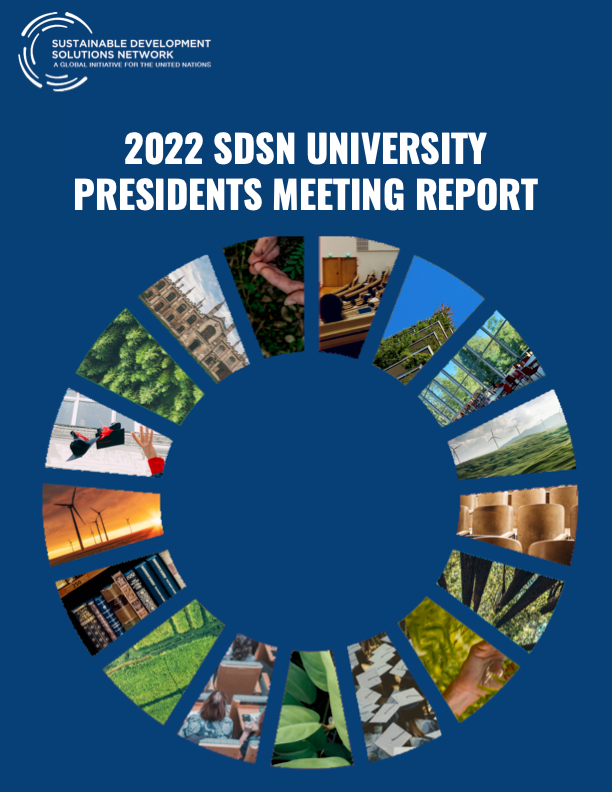
By SDN Networks
•
14 Feb, 2024
The UN Sustainable Development Solutions Network (SDSN) is predicated on the idea that universities have a vital role to play in the Sustainable Development Goals. The work of the SDSN during the past dozen years, and remarkable interest of university leaders in the SDGs, are a testament to that special role. I am delighted and honored to contribute to the Report of the University Presidents on the SDGs. This report is based on the wise contributions of university presidents in a series of brainstorming sessions during 2022. The SDG agenda is not only vital for wellbeing, but is also very challenging for governments. It doesn’t fit the usual mold of government policymaking. First, the SDG Agenda requiring policy focus and consistency over the course of a whole generation or more, 20-30 years, and not simply a typical election cycle. Second, the SDG agenda is technically complex, as it addresses challenges that cut across economics, social justice, environmental sustainability, and geopolitics. Third, the SDG agenda requires deep cooperation across nations and at the global scale. Fourth, the SDG agenda aims to protect the global commons, such as the oceans, biodiversity, and climate, critical challenges in which normal “market forces” do not lead to the desired outcomes. Fifth, the SDG agenda specially aims to protect the wellbeing of future generations. Yet, these very conditions also mean that universities have a distinctive – indeed essential – role to play in supporting society to achieve the SDGs. The features that make the SDGs difficult for governments also make them appropriate for universities. First, universities regularly take on long-term research agendas that last for a generation or more. Second, universities bring together expertise across the physical sciences, engineering, social sciences (economics, politics, sociology), and behavioral sciences. Third, universities operate within global networks of knowledge, so that international cooperation comes naturally. Fourth, by their very nature, universities are mandated to pursue the common good, rather than financial gain or power. Fifth, universities work across generations, and train today’s young for future leadership. The wellbeing of future generations is therefore core to the university mission. The SDSN has the gratifying responsibility to support the world’s universities to fulfill their great potential in support of the SDGs. Over the past 10 years, we have universities the world over to rise to the occasion, introducing new teaching and research programs; instituting new university-wide SDG initiatives; re-engineering the campuses to eliminate greenhouse gas emissions; and convening governments, business, and civil society to find solutions to the most pressing SDG challenges of their communities and nations. The SDSN has been proud and gratified to be part of this worldwide scale-up of SDG activities in the world’s universities. The intense interest of the universities in these initiatives has been demonstrated by the active leadership of University Presidents, Chancellors and Vice-Chancellors, Provosts, Deans, faculty, and student groups, in these remarkable efforts. In 2022, SDSN hosted a series of online meetings of university leaders of all regions of the world, to brainstorm, compare notes, and present their SDG-related accomplishments to their peer institutions. The turnout was astounding, with hundreds of university presidents participating from Asia, Africa, Europe, North America and South America. This volume collects and summarizes the scintillating presentations made during those online gatherings. Readers will note the extraordinary commitment of the university leaders to the SDGs, and the boldness of university SDG initiatives around the world. Even in the short time since these online gatherings, the pace of the global university commitment continues to grow, so this volume will no doubt provide powerful inspiration and guidance for even bigger and bolder initiatives yet to come. It remains, therefore, only to express my deep appreciation and admiration for the many university leaders featured in these pages, and the extraordinary contributions they and their institutions are making towards the fulfillment of the sustainable development needs of our time.
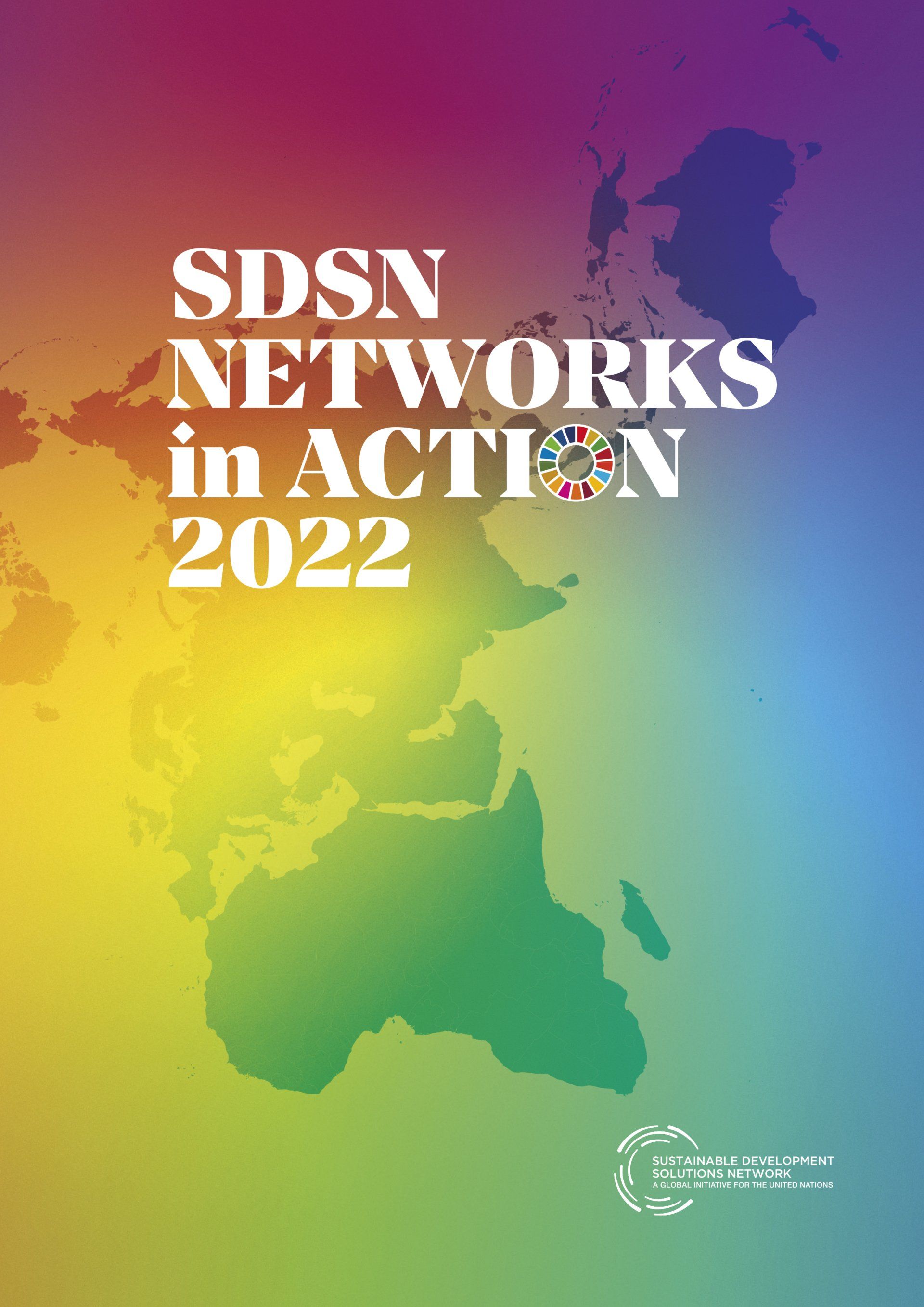
18 Sep, 2022
The Networks in Action (NiA) report presents innovative solutions and partnerships being led by the SDSN’s national, regional, and thematic networks to accelerate progress on sustainable development. To celebrate 10 years of SDSN, this year’s edition reflects on the growing global role of the SDSN and its achievements over the past decade. In less than ten years, SDSN has become the largest network of experts and scientists dedicated to implementing the Sustainable Development Goals (SDGs). The report focuses on the impact that our networks have had in the world over the past year – from their efforts to localize the SDGs in their countries, engage with knowledge institutions and youth, improve education for the SDGs, fight the Covid-19 pandemic and advocate for a sustainable recovery, promote viable solutions initiatives, and develop their publications, events, and actions. The Networks program of SDSN launched its first network in 2013 and has experienced continuous growth ever since, reaching over 1700 member institutions this year and 50 networks across 6 continents. This report highlights the innovative and impactful solutions that our global network puts into practice.
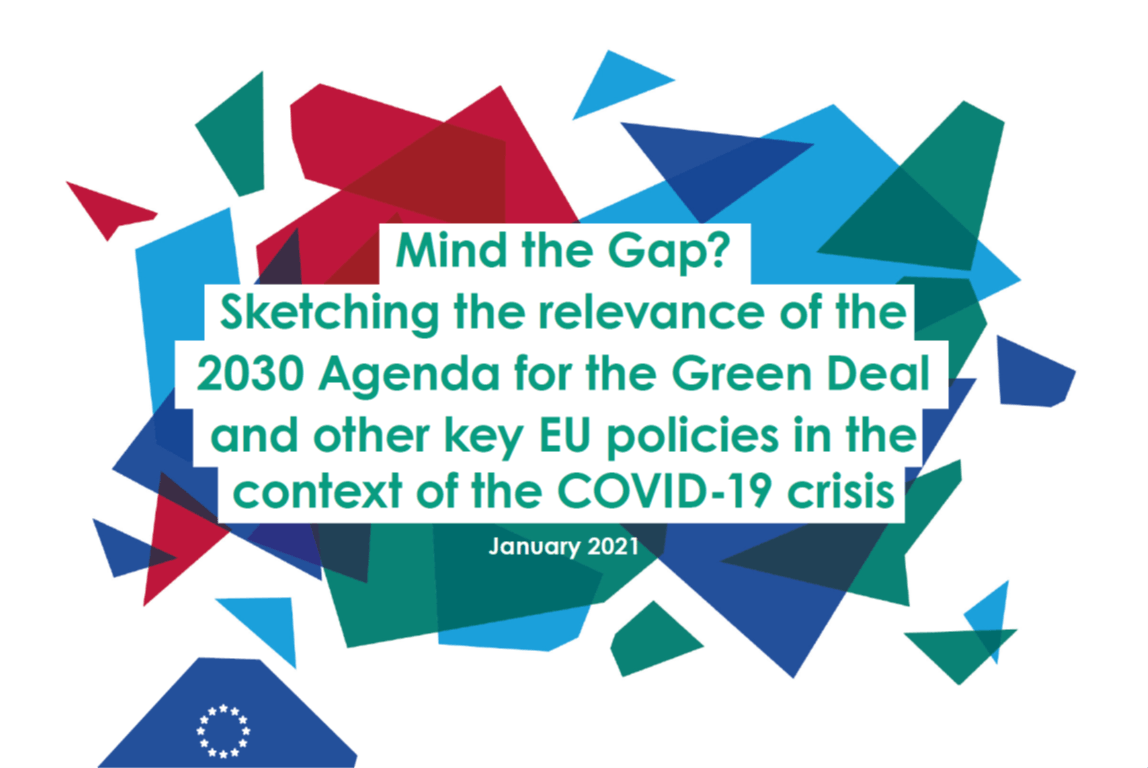
By Christine Hackenesch / Maximilian Högl / Julian Bergmann / Janina Sturm / Damien Barchiche / Adolf Kloke-Lesch
•
20 Jan, 2021
The consequences of COVID-19 will shape European policies and politics for years to come. Already before the pandemic, the European Union (EU) was facing difficulties in implementing the 2030 Agenda for Sustainable Development and making progress on the 17 Sustainable Development Goals (SDGs). Europe is lacking behind particularly on the SDGs related to agriculture, climate change and biodiversity and in strengthening convergence of living standards across EU member states. The pandemic has made these SDGs even more difficult to achieve by 2030, and could derail progress on other SDGs as well. Moreover, recovery measures to address the pandemic’s short- and medium-term socio-economic consequences will determine whether the EU moves towards a sustainable development model by 2030 or locks in unsustainable pathways instead. This paper is produced by ETTG members DIE and IDDRI in cooperation with SDSN Germany.
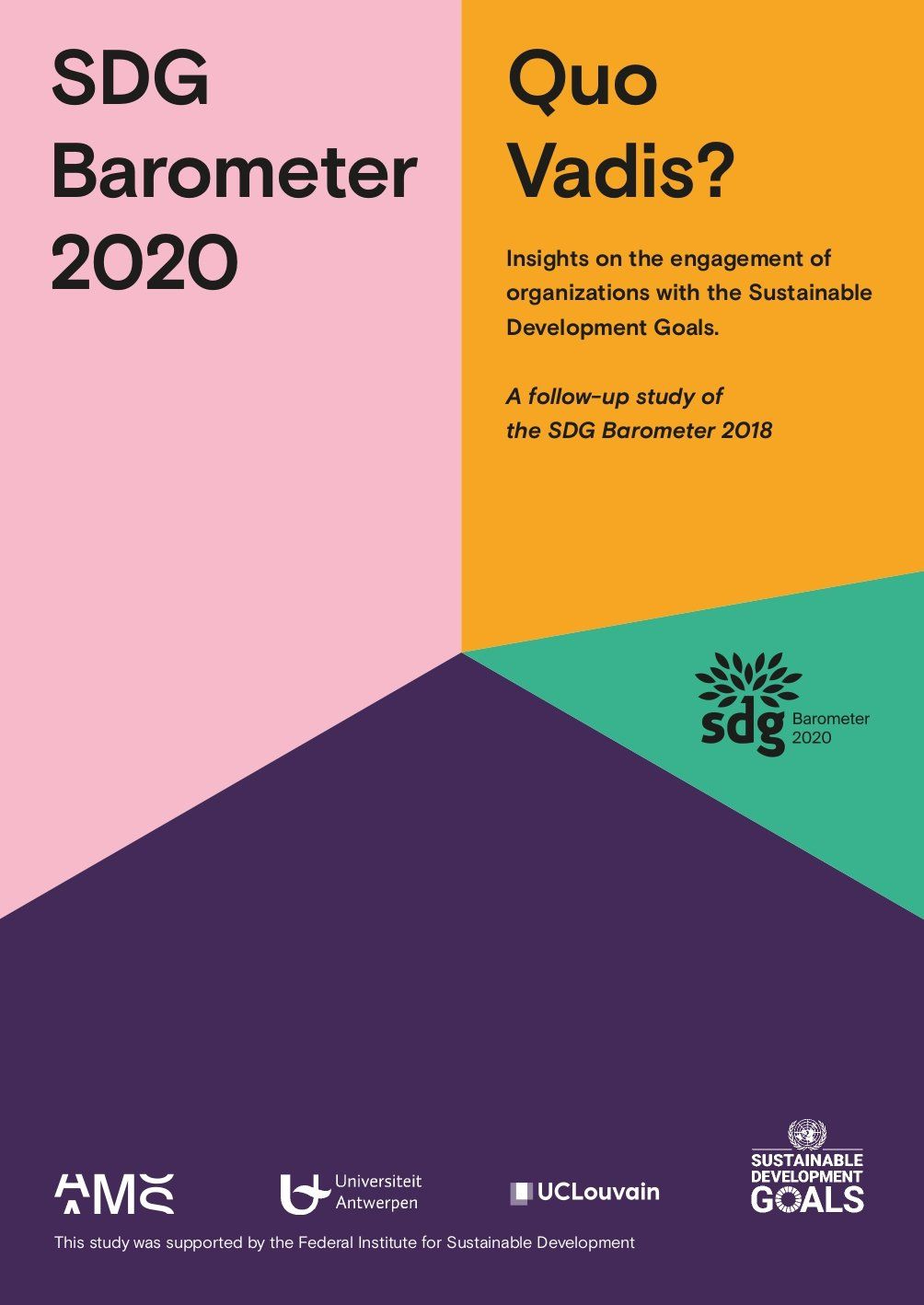
By jay
•
29 Nov, 2020
Antwerp Management School, Louvain School of Management and the University of Antwerp conducted a national study about how Belgian organizations apply or do not apply the SDGs in their organization. The SDG Barometer 2020 builds on an earlier study in 2018. This study was supported by the Federal Institute for Sustainable Development and conducted in cooperation with SDSN Belgium.
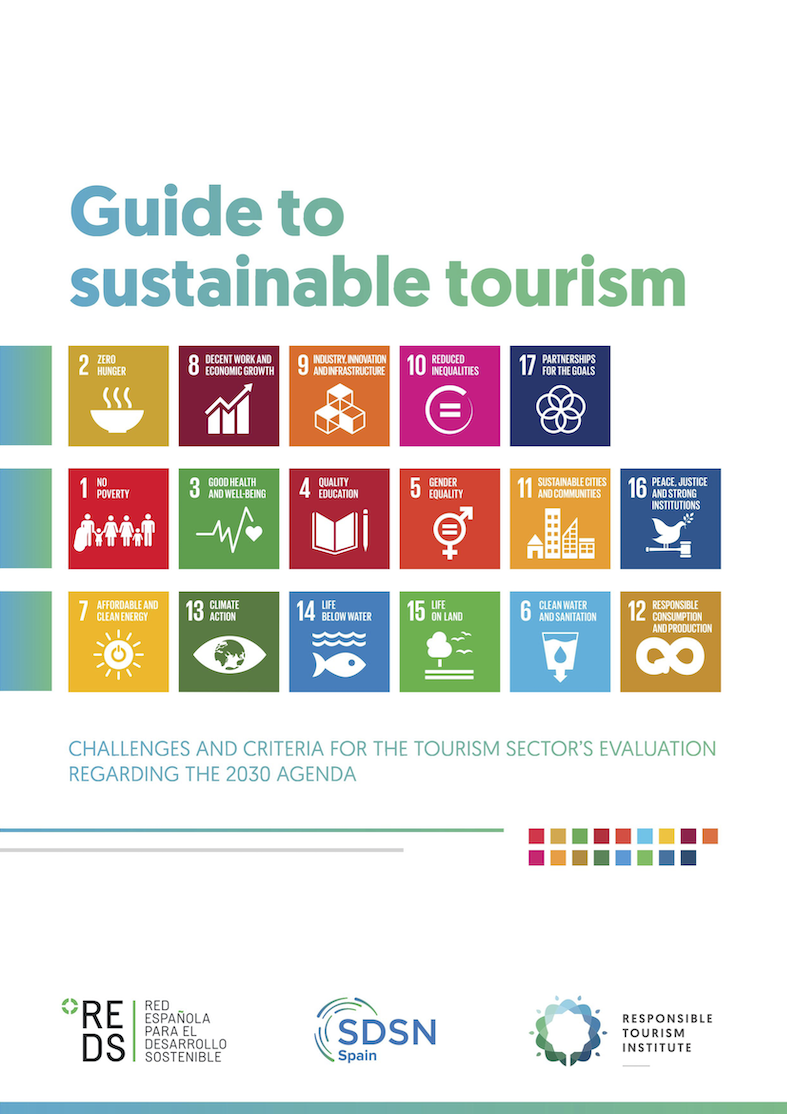
25 Oct, 2020
The tourism sector has a key role to play in achieving the 2030 Agenda: it represents more than 10% of global GDP, is directly responsible for 14% of global emissions and 1 in 11 people work in this sector. Tourism is a fundamental sector for the world's economy and therefore, can and must contribute to the achievement of the 17 Sustainable Development Goals (SDGs). In October 2019, the Spanish branch of the Sustainable Development Solutions Nework ( SDSN Spain / REDS ) published the "Guide for sustainable tourism. Challenges and criteria for evaluation in the tourism sector", in collaboration with the Responsible Tourism Institute, an international organisation that has been promoting sustainable tourism globally for more than 20 years. This guide is intended to be a practical and useful tool for assessing the 17 SDGs in the tourism sector. With these guidelines, both the destinations and the tourism companies will be able to verify whether they meet the necessary requirements to be considered sustainable. The publication was officially presented at the conference "Challenges for the Tourism Sector in the face of the 2030 Agenda" held in Barcelona, Spain, in October 2019.
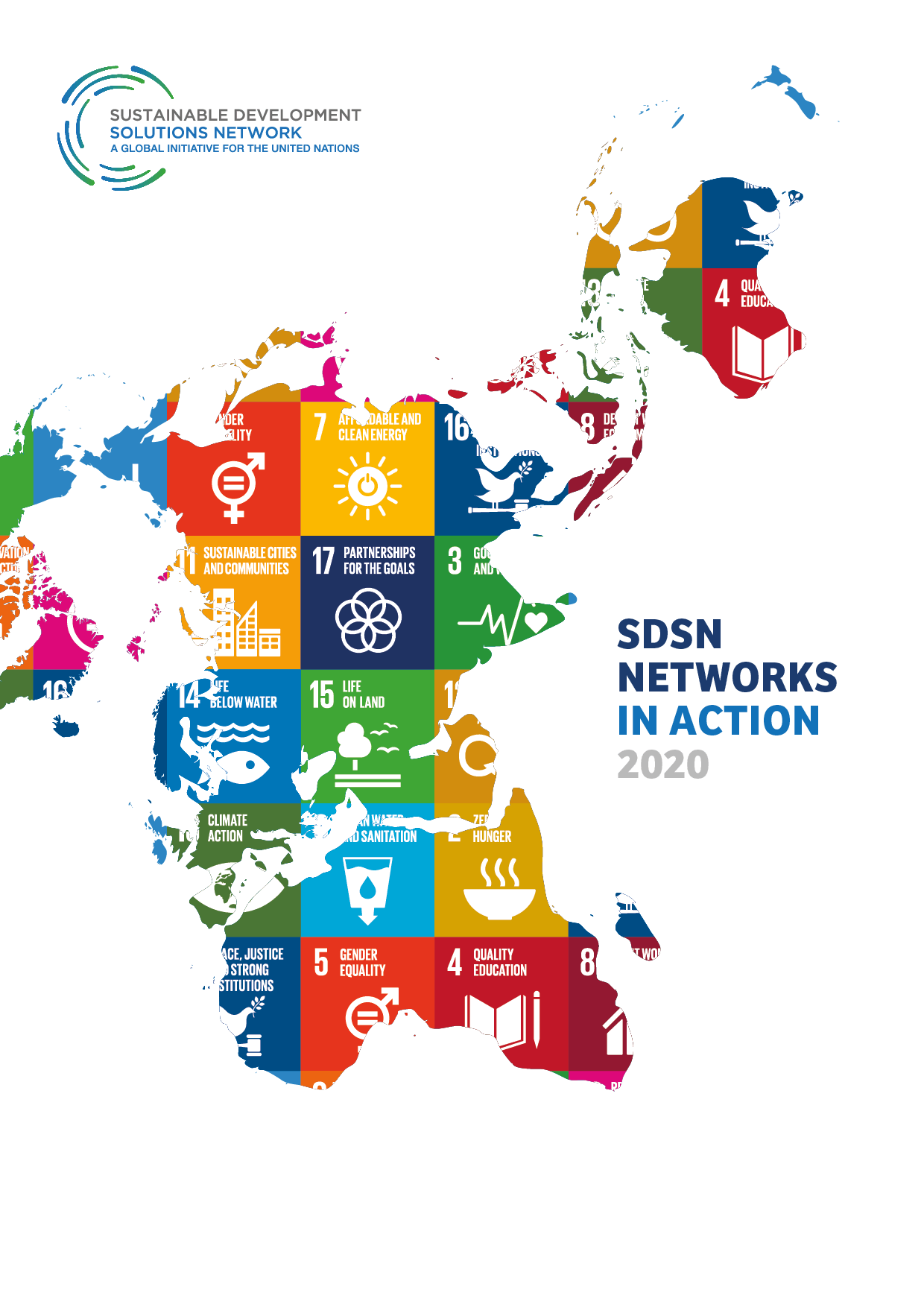
By jay
•
30 Sep, 2020
The 2020 Networks in Action report features the innovative solutions and partnerships being led by the SDSN’s networks. This edition highlights the flagship initiatives and global collaboration from our 37 national and regional networks and 5 thematic networks, and includes a special introduction on how the SDSN networks are working together to respond to the COVID-19 pandemic and achieve the SDGs.
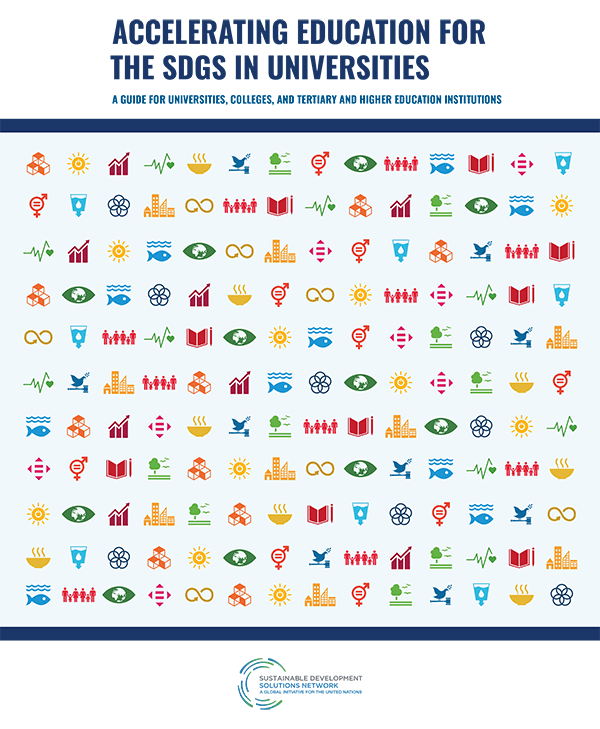
By jay
•
21 Sep, 2020
Accelerating Education for the SDGs in Universities is a new guide from the Sustainable Development Solutions Network (SDSN) that aims to help universities, colleges, and tertiary and higher education institutions implement and mainstream this “Education for the SDGs” within their institutions. The guide was prepared in collaboration with the SDSN Regional Network for Australia, New Zealand & Pacific, the Technical University of Madrid (Universidad Politécnica de Madrid), and Monash University, and includes contributions from dozens of universities and higher education institutions around the world. It updates and expands on the Education section of the widely referenced 2017 publication, Getting Started with the SDGs in Universities . The need to greatly expand society’s capacity to solve complex challenges has never been more important or more urgent, with just ten years remaining to the 2030 deadline of achieving the SDGs, the growing understanding of the urgency of addressing climate change, and now the added challenges of managing the COVID-19 pandemic and its fallout. This need is strongly recognized in SDG 4.7, which calls for ensuring that “all learners acquire the knowledge and skills needed to promote sustainable development…” As the providers of general, professional, and lifelong education to hundreds of millions of learners around the world, universities have a unique and critical role in meeting this need. Universities have been providing some aspects of Education for the SDGs to some of their students through their traditional learning and teaching activities. However, there is a need to both scale up existing activities, as well as implement and mainstream new types of transformative learning activities, which employ interdisciplinarity, action-based learning, and multi-actor involvement, and which go beyond usual operations. Mainstreaming Education for the SDGs can be difficult within existing university structures, and deeper transformations in how universities operate will be needed to ensure this happens fast enough and deep enough. This guide aims to inspire universities to take action and support them through this process, regardless of their context, capacity or starting point. It does this by offering practical approaches and guidance, including the case for action, the different ways Education for the SDGs can be implemented in a university, the outline of a strategic implementation process, the roles of different stakeholders, how to overcome common barriers, and in-depth analysis of transformative examples. The guide is accompanied by a case study website , with almost 50 innovative and inspiring examples of how universities around the world are already accelerating their implementation of Education for the SDGs. See also : Launch Event ( video ): during the International Conference on Sustainable Development (ICSD) on 22 September 2020 Dialogue Series: The Institutional Transformation - North America event ( video ) on 18 November 2020 focused on Chapter four of the guide and featured a noteworthy set of speakers including Otto Scharmer (MIT Management Sloan School and Presencing Institute), Wendy Purcell (Harvard T.H. Chan School of Public Health and formerly Plymouth University), Luce Beaulieu (Interdisciplinary Center for Research on Sustainable Development Operationalization (CIRODD)), Sarah Mendelson, (Carnegie Mellon and formerly at ECOSOC at the UN), Amelia Clarke (University of Waterloo) and Julio Lumbreras (UPM and Harvard T.H. Chan School of Public Health). Dialogue Series: Australia, New Zealand and Pacific - Regional workshop on accelerating education for the SDGs across our higher education institutions on 9 and 10 February 2021 SDSN Australia, New Zealand and Pacific announcement The official announcement of the 2021 case studies was made at the virtual International Conference on Sustainable Development (ICSD) on 21 September 2021 during Plenary 7. The session recording can be viewed here . The full list of the 2021 case studies, organized loosely by guide chapter, can be found in the guide’s 2021 Case Study Supplement . Most cases are relevant to multiple sections of the guide. We invite you to visit the case study website , to explore the new and previous case studies in full, using activity and regional keywords.
SIGN UP FOR SDSN UPDATES
Get our latest insights, opportunities to engage with our networks, and more.
SDSN mobilizes global scientific and technological exertise to promote practical solutions for sustainable development, including the implementation of the Sustainable Development Goals (SGDs) and the Paris Climate Agreement.
Paris
19 rue Bergère
75009 Paris
France
+33 (0) 1 84 86 06 60
New York
475 Riverside Drive
Suite 530
New York NY 10115 USA
+1 (212) 870-3920
Kuala Lumpur
Sunway University
Sunway City Kuala Lumpur
5 Jalan Universiti
Selangor 47500
Malaysia
+60 (3) 7491-8622
Designed by
Northeast Kingdom Online. Powered by
NEKO|360.

